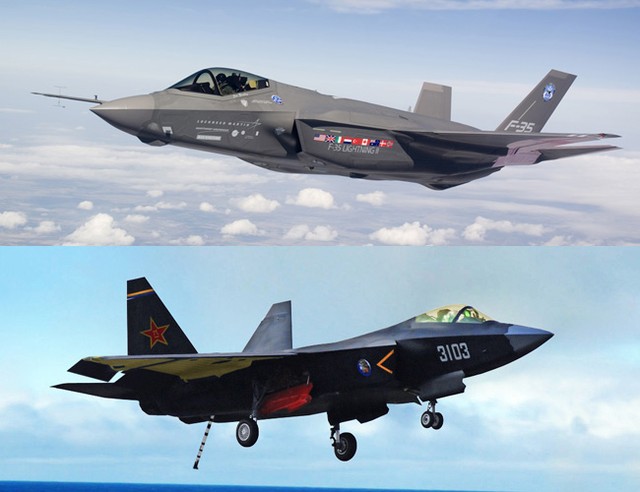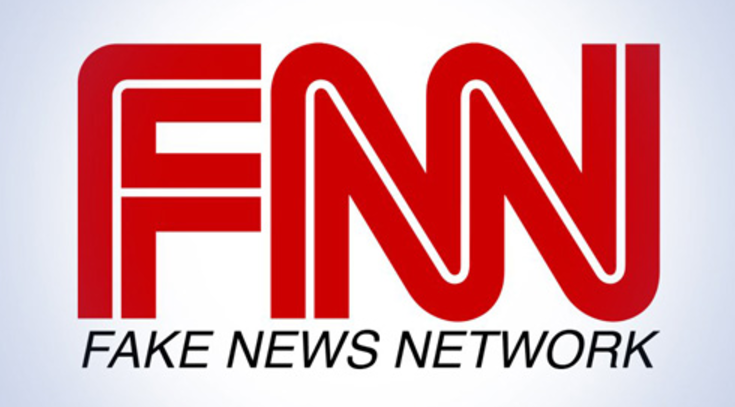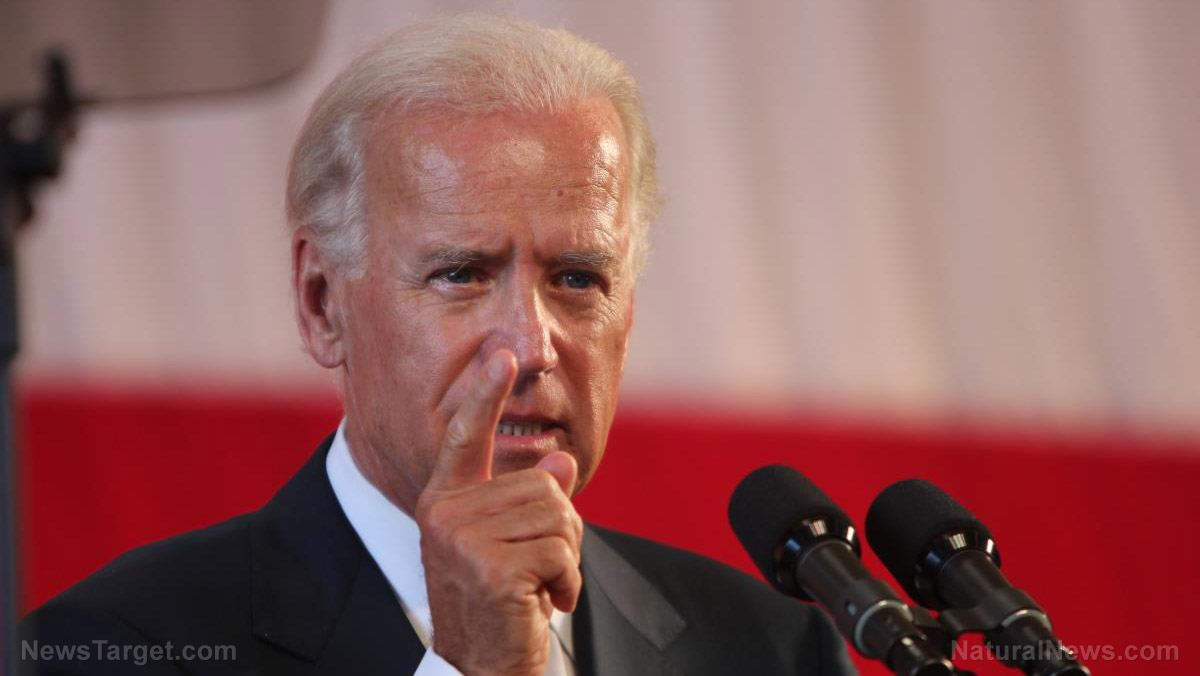
Advertisement
The Senate is reportedly moving to block the deployment of F-35 Lightning II joint strike fighter aircraft to the United Kingdom. The action is reportedly being led by Arkansas Sen. Tom Cotton and is tied to the U.K.’s move to allow Huawei to work on its 5G network.
According to a report by The Telegraph, the move comes as an amendment to a piece of legislation determining how defense funds are spent. A summary of Cotton’s proposal, obtained by the publication, states that it looks to “prohibit the stationing of new aircraft at bases in host countries with at-risk vendors in their 5G or 6G networks.”
Should the move become law, it will put a stop to the military’s plans to deploy 46 of the fighters to the United Kingdom. Moreover, it could also jeopardize the shared relationship between the U.K. and America.
Pressure to exclude Huawei
The move comes as Washington increases pressure on its allies within the Five Eyes intelligence alliance — made up of Australia, Canada, New Zealand, the U.K. and the U.S. — to exclude Huawei from their 5G rollout. The U.S. considers the Chinese tech firm a security risk due to its close ties to the Chinese government. (Related: U.S. government proposes CUTTING OFF China’s access to chip technology.)
Back in February, the U.S. accused Huawei of spying through the technological “back doors” supposedly built into its devices — such as cell phones and routers — to allow Chinese hackers to spy on users. Specifically, the company was accused of allowing its equipment to stealthily tap into telecoms normally used by law enforcement.
The U.K. had already granted Huawei partial access to its next-generation 5G network in January. Two other members of the alliance, Australia, and New Zealand, have banned Huawei from their 5G infrastructure. Only Canada has yet to make a decision on the company.
According to Richard Shimooka, a senior fellow at the Macdonald-Laurier Institute specializing in Canadian and American foreign defense policy, Washington’s proposed move could be a push to bring both the U.K. and Canada over to their side.
“When it comes to the U.K.’s decision, as with us, it might be a nudge from the U.S. to change behavior. Post-Brexit, the U.K. might be looking for whatever cards they can play, and I think they’d rather work with the U.S. than the Chinese,” Shimooka said in an interview with The Epoch Times.
Shimooka also added that, given the security concerns, Canada would be wise to steer clear of letting Huawei participate in its 5G network.
“By all reports, a lot of the equipment from Huawei is not very good, and people like [former National Security Adviser to the Canadian Prime Minister] Richard Fadden have said that we should ban it, and if someone like that is saying that, it’s more than likely not a good idea to have Huawei.”
“We are of course integrated with the U.S., so the U.S. is leaning heavily on Canada,” states Christian Leuprecht, a political science professor at Queen’s University in Ontario.
“And it’s not just the Trump administration, it’s bipartisan. Both Democrats and Republicans, they know that once you have Huawei equipment in the Canadian network, it compromises the entire continent and the entire infrastructure.”
U.K.-China relationship under review
Recently, there have been calls from within the U.K.’s own Conservative party to block Huawei from any role in the country’s 5G network. The push comes as part of wider calls from within the party for the U.K. to reset its relations with Beijing over their lack of transparency during the COVID-19 outbreak.
“This can’t go back to the groveling business as normal, which was signing up to ludicrously one-sided business deals and the suggestion we were enjoying a ‘golden age’ with China,” stated former Conservative Party Chairman Chris Patten to the Financial Times.
During a press conference on April 16, British Foreign Secretary Dominic Raab stated that Britain would need to reevaluate its relationship with Beijing, in light of its handling of the pandemic.
“There’s no doubt: We can’t have business as usual after this crisis, and we’ll have to ask the hard questions about how it came about and about how it could’ve been stopped earlier,” said Raab.
Whether or not the latest pressure from Washington will further swing the U.K. away from China is unknown. As one of the countries involved in the Joint Strike Fighter program, the U.K. is also in the process of deploying its own complement of F-35s.
Sources include:
Advertisement
Advertisements
















